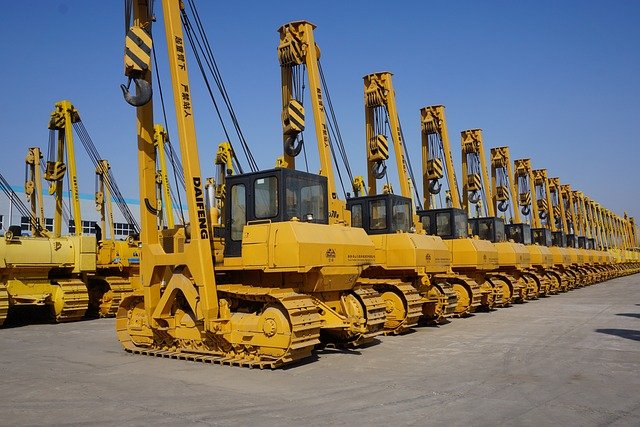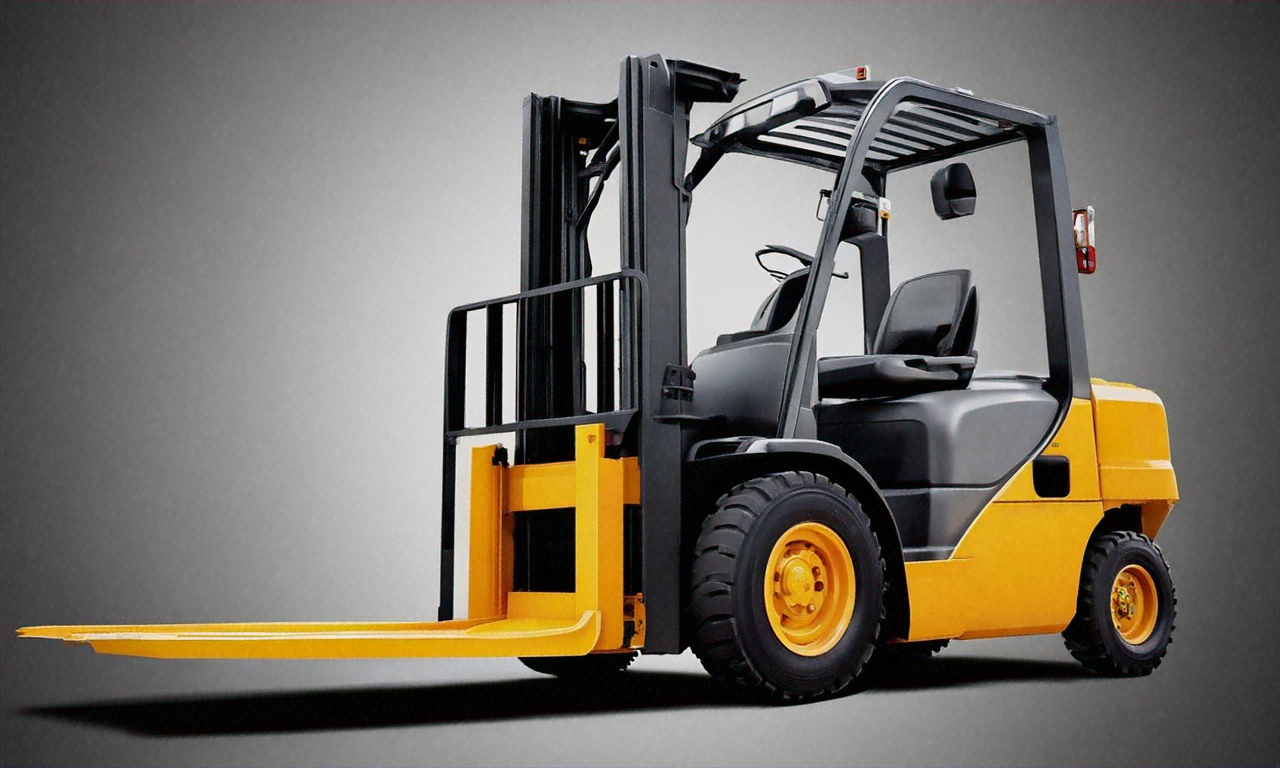Navigating the World of Equipment Operator Jobs: Insights and Opportunities
Equipment operator positions form the backbone of construction, mining, agriculture, and manufacturing industries worldwide. These skilled professionals operate heavy machinery ranging from excavators and bulldozers to cranes and specialized industrial equipment. The field offers diverse career opportunities across multiple sectors, with demand driven by infrastructure development, resource extraction, and technological advancement. Understanding the various aspects of equipment operation careers helps individuals make informed decisions about entering this dynamic profession.

Heavy machinery careers span numerous industries and offer stable employment opportunities for skilled professionals. These positions require technical expertise, safety awareness, and the ability to work with complex machinery in various environments. The profession continues evolving with technological advancements while maintaining strong demand across global markets.
Understanding Equipment Operator Roles
Equipment operators work across diverse industries including construction, mining, agriculture, forestry, and manufacturing. Construction operators handle excavators, bulldozers, backhoes, and cranes for building projects. Mining operators manage specialized machinery for resource extraction, while agricultural operators work with tractors, harvesters, and irrigation systems. Manufacturing operators control production equipment and automated systems. Each role requires specific skills and knowledge tailored to industry requirements and equipment types.
Training and Certification Requirements
Most equipment operator positions require formal training through vocational schools, community colleges, or apprenticeship programs. Training duration varies from several weeks for basic equipment to months for complex machinery. Many regions require operator licenses or certifications for specific equipment types. Crane operators often need specialized certifications, while heavy equipment operators may require commercial driver’s licenses. Ongoing training ensures operators stay current with safety regulations and technological updates.
Job Market and Career Prospects
The equipment operator job market remains robust due to continuous infrastructure development and industrial activity. Construction projects, road maintenance, mining operations, and agricultural activities create steady demand for skilled operators. Career advancement opportunities include supervisory roles, equipment maintenance positions, or specializing in high-demand machinery types. Geographic mobility often enhances employment prospects, as projects may require operators to work in different locations.
Technological Advancements in Equipment Operation
Modern equipment increasingly incorporates advanced technologies including GPS systems, automated controls, and computerized monitoring. Operators must adapt to digital interfaces, precision guidance systems, and remote operation capabilities. Some equipment now features semi-autonomous functions requiring operators to understand both traditional controls and new technological systems. These advancements improve efficiency and precision while requiring continuous learning and adaptation from operators.
Safety Considerations on the Job
Safety remains paramount in equipment operation due to machinery size, power, and potential hazards. Operators must follow strict safety protocols, wear appropriate protective equipment, and maintain situational awareness. Regular equipment inspections, proper maintenance procedures, and adherence to site safety rules prevent accidents and injuries. Training programs emphasize hazard recognition, emergency procedures, and safe operating practices across different work environments.
Working conditions vary significantly depending on industry and location. Construction sites present different challenges than agricultural fields or mining operations. Weather conditions, terrain, and project requirements influence daily work experiences. Physical demands include extended periods of sitting, vibration exposure, and concentration requirements for precise operations.
Equipment operators typically work full-time schedules, though project demands may require overtime or shift work. Seasonal variations affect employment in industries like construction and agriculture. Union representation exists in many sectors, providing collective bargaining for wages and working conditions. Career longevity depends on maintaining physical fitness, staying current with technology, and adapting to industry changes.
The profession offers opportunities for specialization in specific equipment types or industries. Some operators become trainers, inspectors, or move into equipment sales and service roles. Entrepreneurial operators may start their own contracting businesses or equipment rental services. Continuous professional development through additional certifications and training enhances career prospects and earning potential.




